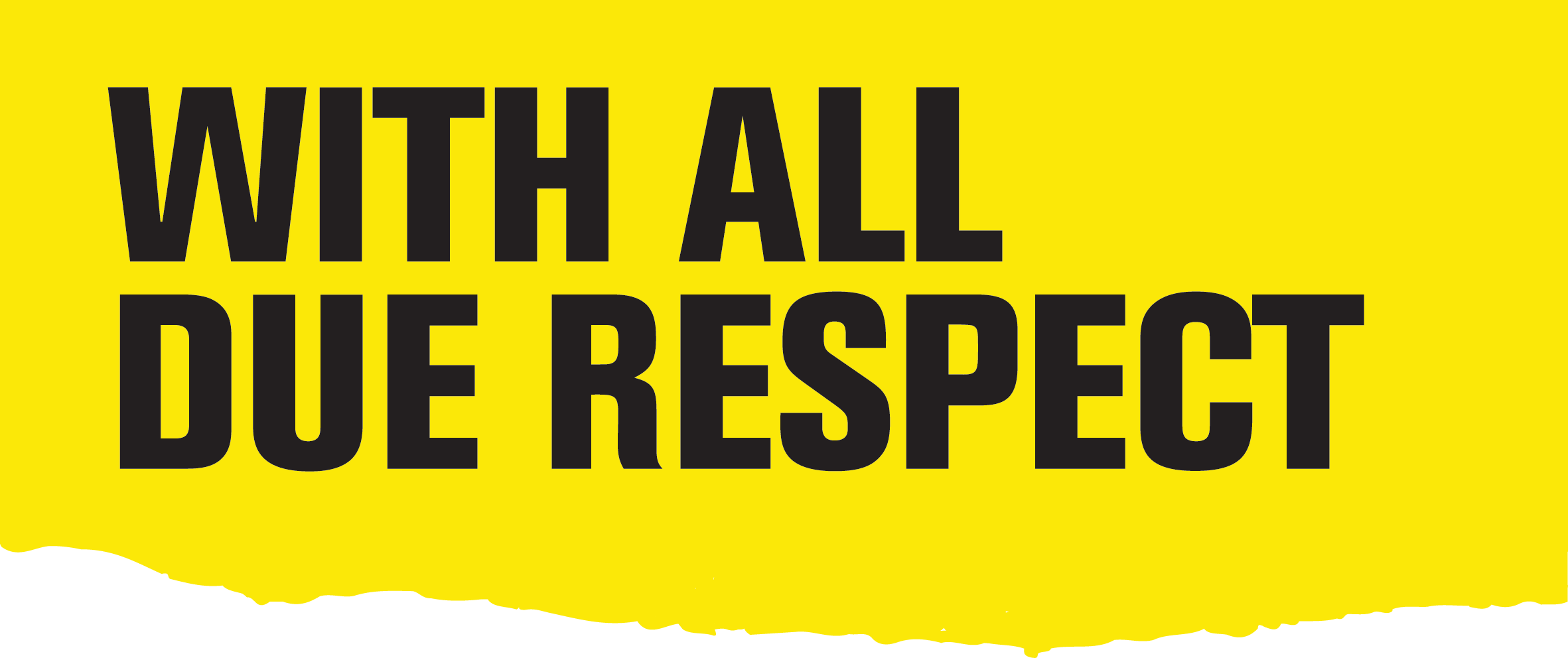On Nov. 4, voters in a handful of states could decide the fate of some members of the animal kingdom that are not able to vote for themselves. Ballot initiatives in Michigan and Maine propose new restrictions on the hunting of wolves and bears, respectively. In Alaska, meanwhile, voters will decide whether to require legislative approval for new oil and mining activity that could harm Bristol Bay salmon.
Bears
Measure 1 in Maine will ask voters to decide whether the state should continue to have the nation's most permissive bear hunting regulations. Unlike other states, Maine allows its residents to hunt the animal using three controversial methods: Hounding, baiting and trapping. Environmentalists argue that the three methods represent animal cruelty. Hounding allows hunters to use packs of dogs to chase bears; once cornered they are shot. Baiting is the process of using food and animal remains to lure bears. Trapping, critics argue, leaves bears to suffer and die after being caught.
Here's an ad by the group Mainers for Fair Bear Hunting, which supports passing Question 1.
https://www.youtube.com/watch?v=olOT99vRgCI
The Maine Department of Inland Fisheries and Wildlife opposes the ballot initiative, arguing that new restrictions could endanger the human population. The bear population, advocates note, is growing.
https://www.youtube.com/watch?v=ZAhAZBl_6hg
Bear hunting is not just a matter of public safety in Maine. It's also a lucrative sport industry with hunting lodges catering to customers hoping to bag a black bear. Besides losing the income, hunting groups are also worried that banning types of hunting can set precedent for other bans.
“At North Country Lodge we use the time proven method of hunting from tree stands over baited areas,” the website for the North Country Lodge states. “The stands are 13′ high and positioned for either right or left handed shooters with rifle or bow. We begin baiting operations well in advance of the season. We also maintain enough active stands so that a Black Bear hunter can be moved from one stand to another if necessary to improve his chances of a score.”
Wolves
After being virtually wiped out by the 1960s, Michigan's wolf population has climbed back to just under 650. In 2012, Great Lakes gray wolves had made such a strong recovery that they were removed from the endangered species list, and Michigan's Legislature voted to designate them as a game animal despite protests. Annual hunting resumed, and 22 wolves were killed in 2013. Since then, residents have battled over whether to reinstitute a wolf hunting ban, but the legislature passed a second law set to go into effect in 2015 that mandates that state-sanctioned wolf hunts cannot be overturned by a referendum, the Lansing State Journal reported.
So why are the citizens of Michigan even voting on Proposal 1 and Proposal 2, both of which ask voters to weigh in whether wolves should retain their current designation as game animals?
“Voters have to exercise their right to vote on this issue,” Jill Fritz, Michigan state director for the Humane Society of the United States, told the newspaper. “And, they have to reject both referendums in order to maintain that right, because if those laws are upheld, the citizens of Michigan will no longer have a say in any wildlife management issues. It will be taken out of their hands completely, and that's not acceptable. The wildlife of this state belongs to all the people of this state and not just the special interests intent on hunting and trapping them.”
Conversely, supporters want a “yes” vote on the measures to provide clarity on a contentious issue that seems destined to stay that way.
“Both of these proposals are referendums of two bills that were enacted to support hunting rights and guarantee scientific management of our wildlife. For that reason, all hunters, anglers, conservationists and citizens who care about wildlife in Michigan should vote 'yes' to affirm these laws,” Drew YoungeDyke, public relations manager for Michigan United Conservation Clubs, wrote in a recent op-ed.
Salmon
Ballot Measure 4 in Alaska seeks to protect the salmon that inhabit the 36,000 square miles of the Bristol Bay Fisheries Reserve by requiring legislative approval for new gas, oil and mining projects there.
“It adds large scale metallic mines to things requiring legislative approval, it broadens the geographic area to include the entire drainage including uplands, and it also applies to state, private, and federal lands within the reserve,” Dick Mylius, a former state director for the Division of Mining, Land and Water, said at a forum on the ballot measure, The Fish Site reported.
Proponents of the measure, such as the environmental group Bristol Bay Forever, say it will protect the salmon population and the fishing industry. Opponents, including the Alaska Miner's Association, counter that the measure is too broadly written and will stifle the state's economy.



